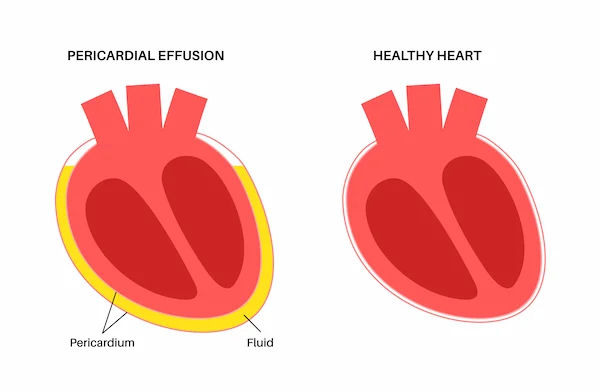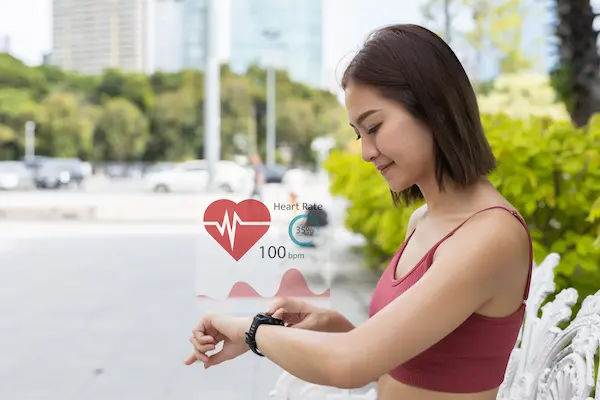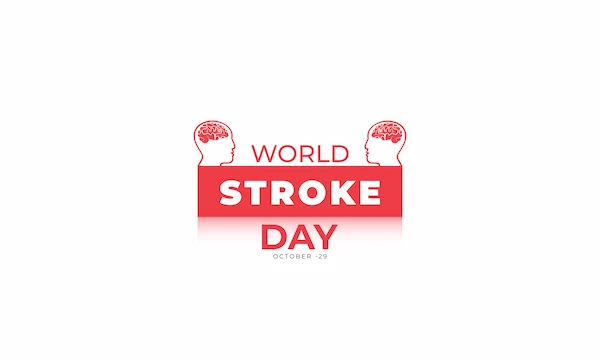- female
- 50 Years
- 20/02/2025
I'm really concerned about my health right now. My ECG showed sinus arrhythmia, but my other tests like the 2D echo and blood work came back normal. I have some heart blocks, but I've been trying to manage them with diet control. The issue is, I feel breathless whenever I walk, even though I don't have any other symptoms. Could you give me some advice on what steps I should take next?
Answered by 1 Apollo Doctors
Sinus arrhythmia is a common condition where the heart's rhythm varies with breathing. Since your 2D echo and blood tests are normal, it's a good sign. For managing heart blocks and breathlessness, you can take a beta-blocker medication like Metoprolol (25-50mg) once daily. This will help in controlling your heart rate and symptoms. Additionally, continue with your diet control and regular exercise routine. If breathlessness persists, you can use a bronchodilator like Salbutamol inhaler as needed.
Dr. Dr Khaleel Suggests...
Consult a Cardiologist
Answered 25/07/2025
0
0

More Cardiology Health Queries
View allI'm experiencing chest pain every morning, and it goes away when I lie down. I can breathe just fine, but it feels like there's something in my chest. What could be causing this?
An ecg and cardiac markers are advised.
Answered by 1 Apollo Doctors
I've been experiencing some weird pricks in my chest over the past few days and it's kind of unsettling. I already had my echo and ECG done and they both came back normal, plus the X-ray showed nothing unusual. Should I be worried at this point, or is it worth getting more tests done to figure out what's going on?
Chest pricks can have various causes, including musculoskeletal issues, anxiety, or even gastrointestinal problems. Since your echo, ECG, and x-ray are normal, it is reassuring that there are no major heart or lung issues. However, if the symptoms persist, it may be helpful to consider other investigations such as a Holter monitor to assess your heart rhythm over a longer period of time, or a stress test to evaluate your heart's function under exertion. Additionally, discussing your symptoms in detail with your healthcare provider can help determine the best course of action.
Answered by 1 Apollo Doctors
I'm a bit worried because I woke up this morning with my heart racing and ended up going to the ER. They told me I have PSVT and PVC. It felt like my heart stopped and then started again, but they said my echo was normal. Are these arrhythmias something I should be concerned about?
PSVT and PVC can be concerning but are usually not life-threatening. However, it is important to manage them to prevent complications. For PSVT, medications like Verapamil or Metoprolol can be prescribed to control heart rate during episodes. For PVC, if symptoms are bothersome, medications like Propranolol can be used to reduce their frequency. Regular follow-up with a cardiologist is recommended to monitor your condition and adjust treatment as needed.
Answered by 1 Apollo Doctors
Disclaimer: Answers on Apollo 247 are not intended to replace your doctor advice. Always seek help of a professional doctor in case of an medical emergency or ailment.



.webp)

